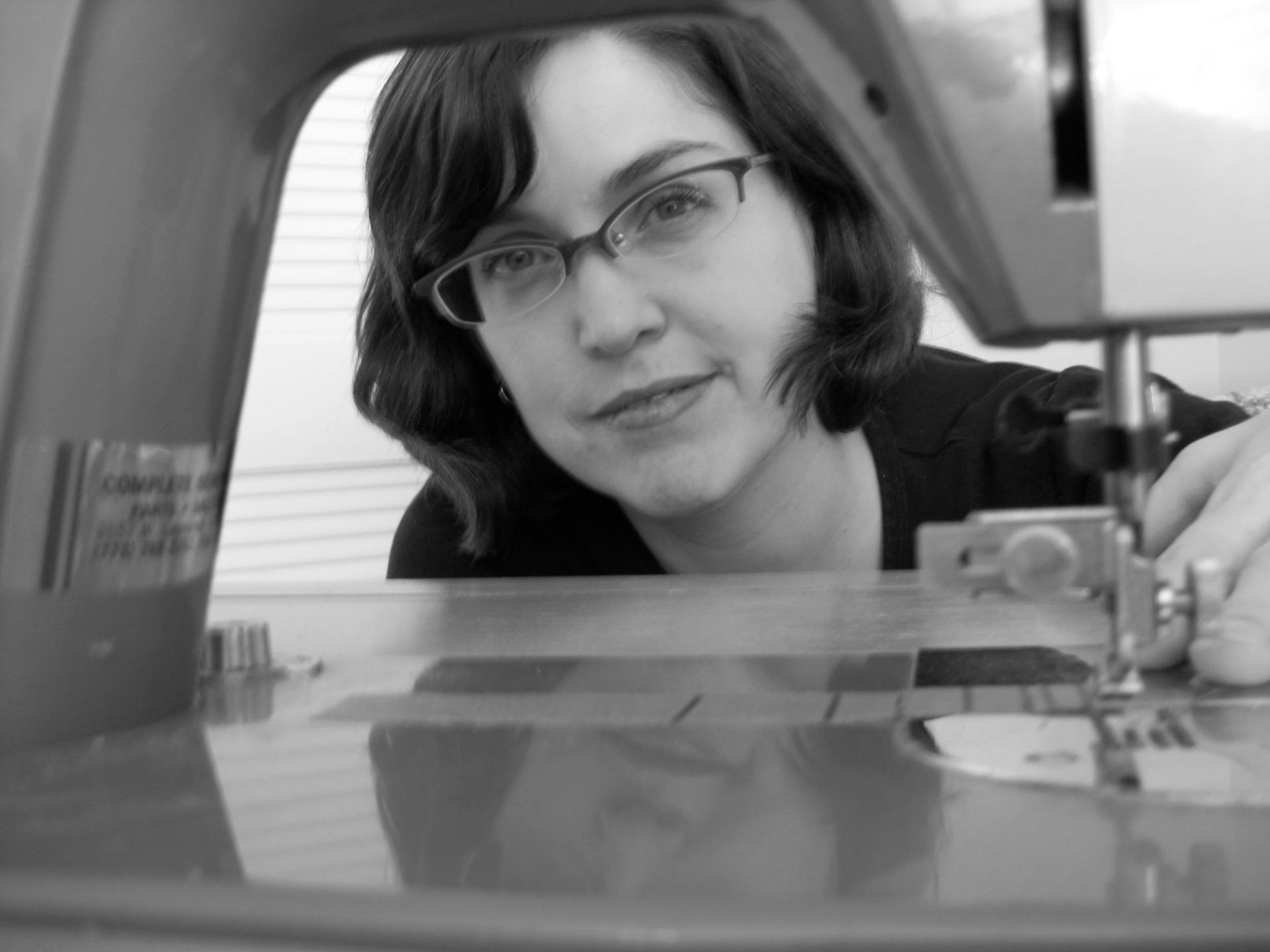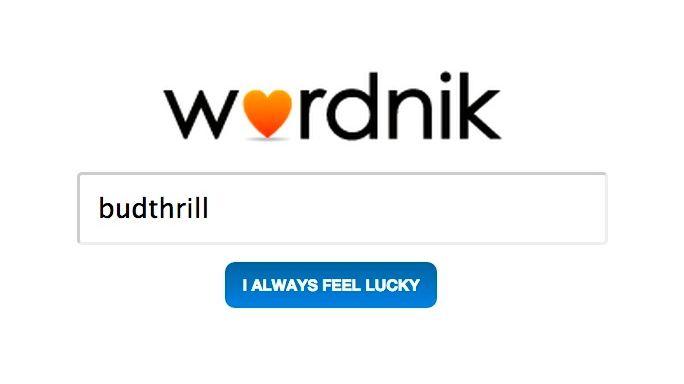Can’t find that word in the dictionary? Try looking it up in Wordnik
In this week’s World in Words podcast, I invent a word.
The word is “budthrill,” meaning an unforgettable moment in a podcast.
I have no great love for this word. I coined it on the fly, just before chatting with lexicographer Erin McKean about new rules for dictionaries.
There’s a similar expression already out there: “driveway moment” — that moment when you are so compelled by something you’re listening to on the radio that you can’t get out of the car even though your journey has ended. It is a terrible expression, casting public radio listeners as suburbanites with time on their hands. “Pour me a glass of chardonnay, darling. I’ll be right in once this wonderful piece about the Quechua alternative to bitcoins is over.”
So, budthrill.

“With people listening to radio and podcasts via headphones [and earbuds] instead of in a car, maybe we need a term for that transfixed moment,” McKean tells me in the podcast. “You found a lexical gap that you wanted to fill. We might need to work on what you’re filling it with.”
Um, yeah.
But maybe, just maybe, “budthrill” will become one of a million words that McKean describes as “missing” — words that you can’t find in traditional dictionaries. (Words that Wordnik wants to “give a home to.” Wordnik has launched a Kickstarter to fund its Million word search.
Most dictionaries, including Merriam-Webster and the Oxford Dictionaries follow strict guidelines for admission into their volumes. Wordnik’s rules are simpler.
“I think that if an English speaker or English writer uses a word deliberately … then that should count,” McKean tells me. “Even if no one else ever finds that word useful.”
“It might be a hidden, untraveled backwater of English, but it’s there.”
It’s true. Just check the Wordnik entry for “budthrill.”
You can follow the World in Words stories on Facebook or subscribe to the podcast on iTunes.
The story you just read is accessible and free to all because thousands of listeners and readers contribute to our nonprofit newsroom. We go deep to bring you the human-centered international reporting that you know you can trust. To do this work and to do it well, we rely on the support of our listeners. If you appreciated our coverage this year, if there was a story that made you pause or a song that moved you, would you consider making a gift to sustain our work through 2024 and beyond?
